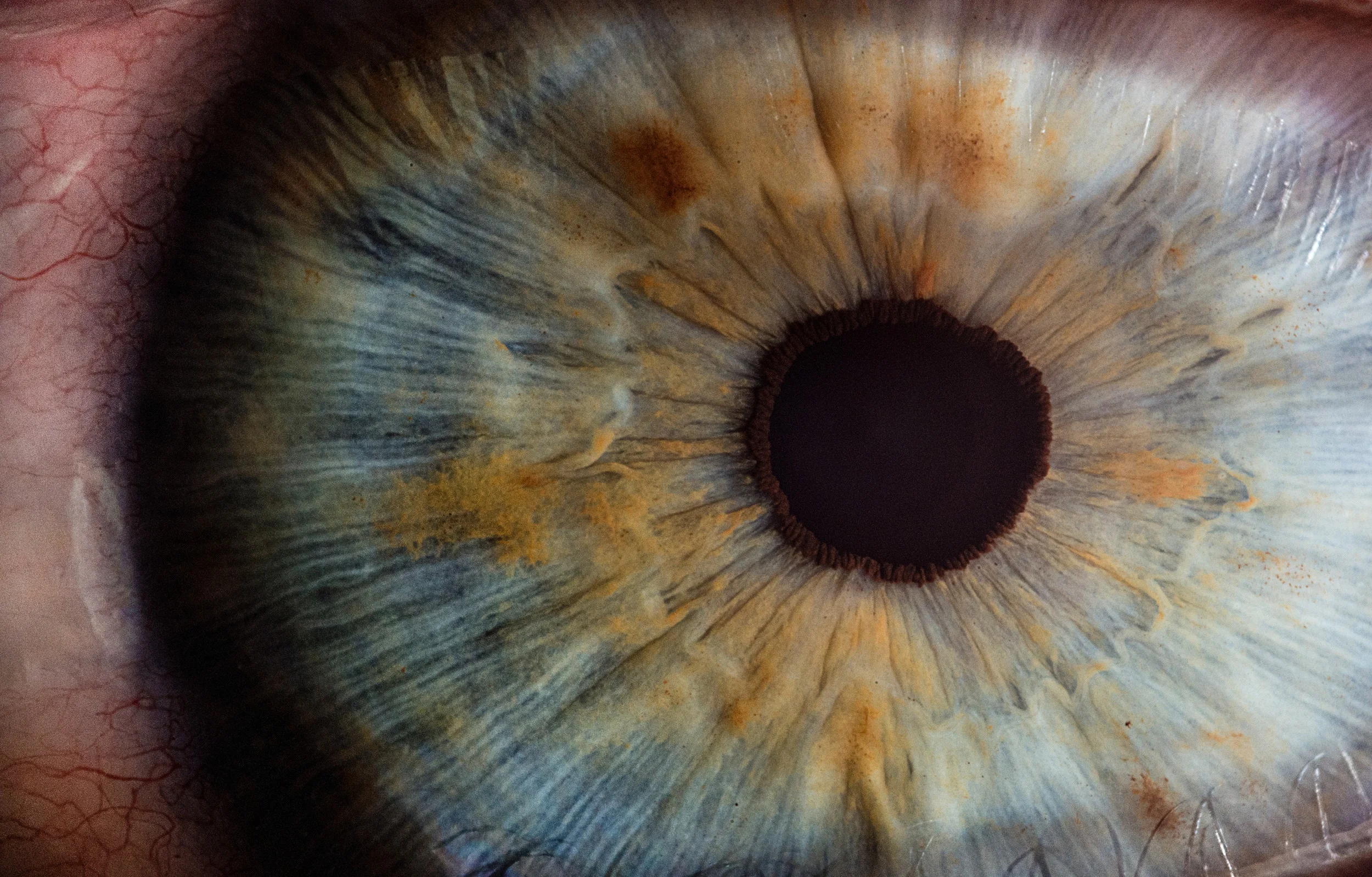THE THOUSAND AND ONE VIRTUES OF SAFFRON
Its mood-enhancing properties
This is saffron's most popular property. In cases of depression, saffron is as effective as chemical treatments! Several studies show that this ability to restore happiness is due to its antioxidant, anti-inflammatory, neuroendocrine and neuroprotective properties.
What's more, saffron regulates serotonin levels, nicknamed the "happiness hormone". The big plus is the absence of side-effects such as sleepiness or addiction, which are generally present under medical treatment with antidepressants.
Saffron also reduces symptoms linked to post-partum depression, which generally occurs a few weeks after childbirth. A study published in Pharmacopsychiatry in 2017 showed that saffron supplementation was just as effective as taking fluoxetine, an antidepressant prescribed for post-partum depression.

Virtues for sleep
Saffron is also known to relieve insomnia and stress. This spice is a mild sedative. It facilitates recovery after sport and is designed to reduce insomnia and anxiety. This is borne out by a study published in the Journal of Clinical Sleep. People supplemented with saffron experienced a reduction in insomnia.

Its power on the heart
Saffron is a recognized hypotensor. In fact, thanks to its high antioxidant and flavoid content, saffron slows heart rate and lowers blood pressure. It also reduces the production of bad cholesterol and promotes its elimination. Studies carried out in Spain have shown lower rates of cardiovascular disease in regions where saffron is widely consumed.

Its role on digestion
Saffron is recognized for its beneficial effect on the digestive system. It stimulates digestion, reinforces the secretion of digestive juices, cleanses the intestines, facilitates the elimination of gas and limits intestinal fermentation. It is also an excellent antispasmodic, calming intestinal cramps.

Anti-cancer properties
A large number of studies have recently focused on saffron's anti-cancer powers, including one published in the journal "Current Pharmaceutical Biotechnology" in 2012.
Crocetin, an important saffron carotenoid with antioxidant virtues, offers very interesting properties as an anti-tumor agent and provides the following properties:
- Inhibits cancer cell growth
- Improves our ability to buffer the oxidative stress caused by cancer and conventional treatments;
- Induces apoptosis (programmed death) in cancer cells.

Nervous system protector
Saffron has been shown to facilitate brain exchanges, improving cognitive performance, particularly in the area of the brain that plays a central role in memory: the hippocampus.
Saffron is therefore indicated in cases of senile dementia and neurodegenerative disorders accompanied by memory impairment, particularly Alzheimer's disease.
In fact, the molecules contained in saffron (crocin and safranal) protect brain cells from damage caused by the production of free radicals. As a result, learning disabilities are significantly reduced, while memory is improved.

Protects vision
Thanks to its strong anti-oxidant properties, saffron meets the needs of retinal tissue, improving the visual field and slowing the progression of age-related macular degeneration. It's not for nothing that most eye drops are saffron-based!

Aphrodisiac virtues
Whether in traditional Ayurvedic medicine, ancient Greece or ancient Rome, references to saffron's aphrodisiac virtues are numerous. Chinese medicine has even recognized it as a sexual stimulant for over 3,000 years. Yet this legend, distilled over the centuries in many parts of the world, is far from unfounded. In fact, numerous recent studies have confirmed saffron's value in the treatment of sexual disorders. It acts as a tonic that awakens the senses. The alkaloids and phytohormones it contains stimulate libido and increase desire. In addition, by promoting blood circulation, it facilitates irrigation, warms up the mucous membranes and improves erectile function.

